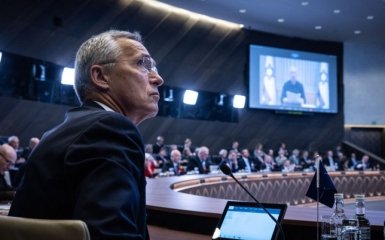The Alliance adopted a quantum strategy for the first time in its history. The strategy defines how member states will use quantum technologies to fulfil the main tasks of the Alliance.
What will NATO's Quantum Strategy change?
NATO states that quantum technologies can revolutionise sensors, imaging, precision positioning, navigation, communications, computing, modelling and informatics.
This will have positive and destructive consequences, which may impair the Alliance's ability to deter aggression and defend itself.
Quantum technologies are an element of strategic competition. The Alliance and its members will develop a secure and sustainable quantum ecosystem that will respond to the rapid pace of technological competition. Countries will need cooperation, investment, skilled labor, dissemination and exchange of information, NATO said.
Alliance and NATO members have identified the most promising quantum programs, experiments and integrations of quantum technologies for military and dual purposes. The Alliance has already converted cryptographic systems to quantum-secure cryptography.
In the case of full implementation, functional quantum technologies will allow all members of the Alliance to strengthen their data and communications quickly and reliably. These technologies will be able to detect and block potential intrusions into cyberspace effectively.
NATO has also established the Transatlantic Quantum Community for strategic engagement with governments, industry and academia and is preparing a transatlantic forum for quantum technologies in defence and security.
NATO's top leader called on the Alliance to prepare for hostilities
On January 17, Rob Bauer opened a two-day meeting of NATO commanders in Brussels.
He paid attention to the fact that the bloc must transform the conduct of hostilities.
In his opinion, public and private actors must change their thinking, moving from an era when everything was planned and predictable to an era "when anything can happen at any time" and in which "we have to expect the unexpected."
In order to be fully effective in the future, we need the transformation of NATO's combat forces and assets. This will be the main topic of today's meeting chaired by the Supreme Commander-in-Chief of the NATO Joint Forces on Transformation, said Rob Bauer.
More on the topic
- Category
- Politics
- Publication date
- Додати до обраного


